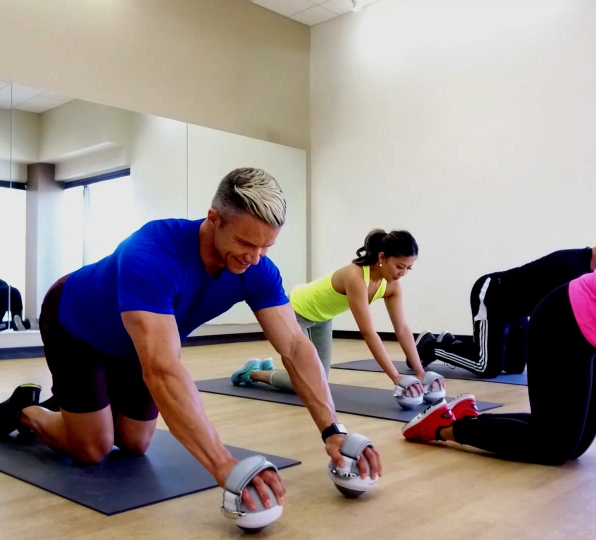Introduction:
Welcome to the world of functional training, where the goal is to develop useful strength for daily tasks rather than just lifting weights for show. In “Functional Training for Everyday Activities: Building Practical Strength,” learn how specific exercises can improve your body’s strength and resilience, reduce the risk of injury, and help you perform daily tasks more easily.
1. Understanding Functional Training: Beyond the Gym Workouts
Learn the fundamentals of functional training and how it varies from conventional gym exercises. Examine the idea of training movements as opposed to isolated muscles, with an eye toward enhancing functionality in everyday situations.
2. Benefits of Functional Training: Enhancing Daily Life
Explore all of the advantages that functional training has to offer. Learn how this approach to fitness positively impacts daily life, from enhanced core strength and injury prevention to increased flexibility and improved balance.
3.Identifying Everyday Movements: A Foundation for Training
Determine and examine common motions that serve as the basis for functional training. Examine how these movements, which range from bending and lifting to reaching and rotating, can be included in your workout regimen to build practical strength.
4.Core-Centric Exercises: Stability for Daily Activities
Emphasize the value of exercises that target the core in functional training. Examine exercises that develop the core muscles, which offer stability for tasks like reaching up high shelves for items, lifting groceries, and bending to tie shoes.
5.Multi-Planar Movements: Mimicking Real-Life Actions
In functional training, introduce the idea of multi-planar movements. Investigate workouts that require the body to move in a variety of planes, simulating a wide range of real-world activities and priming the body for obstacles encountered every day.
6. Functional Training at Home: Incorporating Daily Tasks into Workouts
Help readers incorporate daily tasks into their functional training regimen that they can do at home. Discover inventive ways to increase strength in the comfortable confines of your home, from incorporating exercises like squats and lunges to using everyday objects as makeshift weights.
7. Functional Training for Different Age Groups: Tailoring to Needs
Talk about how functional training can be tailored to suit the needs of various age groups. Examine how functional training can be customized to meet your needs, whether you’re an older person hoping to preserve your independence or a young adult getting ready for an active lifestyle.
8. Injury Prevention Through Functional Training: Building Resilience
Emphasize how functional training helps prevent injuries. Examine how specific exercises reduce the risk of injuries during daily activities by strengthening joints, increasing flexibility, and fostering resilience.


Conclusion:
“Functional Training for Everyday Activities: Building Practical Strength” invites individuals to rethink their approach to fitness by focusing on movements that directly benefit their daily lives. By incorporating functional training into their routines, individuals can build practical strength, improve overall functionality, and face the challenges of everyday activities with confidence and resilience. Step into a world where exercise goes beyond the gym, and every movement contributes to a stronger, more capable you.












